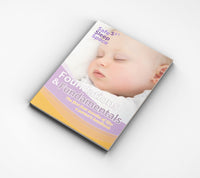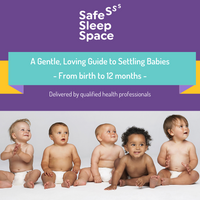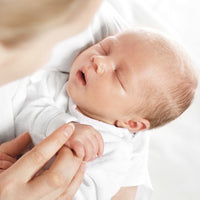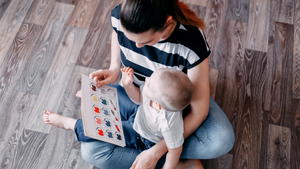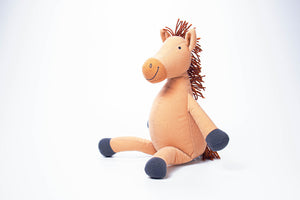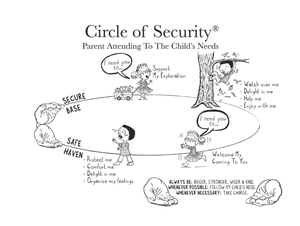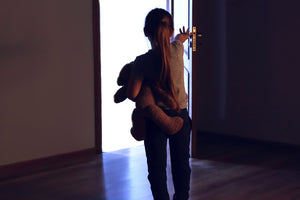How to help stop a toddler's bottles!

Many toddlers can become attached to their bottles. Besides providing nourishment, bottles also mean comfort and security. Prolonged bottle use can lead to cavities or cause the child to drink more milk than he or she needs. Switching from bottle to cup can be challenging, here are some tips to make the change easier everyone involved!
Benefits of stopping bottles
- Oral health is generally improved. Tooth decay is common in toddlers/preschoolers who are still sucking on bottles of milk or other sugary fluids.
- Less risk of ear infections.
- Cost-saving. For the cost of a can of toddler formula, nutritious, age-appropriate foods can be bought instead.
- Improved language and speech development.
- Less risk of a toddler becoming overweight and/or obese.
- Improved ways of seeking emotional support and learning about emotional regulation.
- For toddlers who are still using dummies (pacifiers), ceasing bottles can be a great opportunity to stop dummies as well.
- Toddlers are more likely to drink water from a cup if they don’t have bottles. Most Australian cities and regional areas have fluoridated water. The benefits for children (and adults) of drinking fluoridated water, are very clear and based on scientific evidence.
Risks of stopping bottles
There aren’t any particular risks of ceasing toddler bottles, however, there’s often a bit of emotional fallout for a few days until the child adjusts. Be mindful of your own responses to your toddler’s behaviour. If you’re experiencing anxiety or depression, speak with your GP about treatment options.
There may be temporary weight loss until the child eats more food. It you’re concerned about your child’s growth or development, speak with your Child Health Nurse or GP.
Refusing to drink milk from a cup at first. Avoid adding sweet flavourings to their milk as a means of persuading them to drink. Just keep offering and stay calm.
Ways to stop bottles
- You have options around how you manage stopping your toddler’s bottles. Going slowly or stopping suddenly both have their advantages and challenges. Some parents plan for bottle stopping long before they actually do. Others just wake up one day and decide that the bottle needs to go.
- Throw all bottles away so they’re no longer in the house. You may need to go on a search mission to find bottles which have been secreted away. Discard all bottle related paraphernalia which may include teats, screw caps, formula and even baby bottle toys.
- Go through a goodbye ‘ceremony’ of saying ta ta to the bottles. Don’t expect your toddler to be too excited about this little event. You could donate the bottles to a seemingly grateful other parent, a charity shop or even the postman. Have a chat with the recipient first though so they know the importance of their role in accepting such a treasured gift.
- Take charge. Make a decision to stop and carry it through. Try not to engage in long conversations with your toddler about the whys and why nots of stopping their bottles. As the adult parent, you have the insight of knowing the benefits to their overall health. When in doubt, remind yourself that although your toddler may know what they want, you know what they need.
- Be matter of fact, whilst also reassuring, about ‘letting go’ of their bottles. Expect your toddler to be a little more sensitive for a few days until they get used to not sucking on their bottles.
- Speak with your child’s care providers and discuss consistent ways you’re all going to manage the process. Consistency and persistence are important.
10 top tips for stopping bottles
- Pick a time when there’s not much else going on in the household. This will help you to focus on what you need to do.
- Seek your partner’s, and if applicable, older children’s support. It’s important to give clear and unified messages.
- Rid the house of all bottles so you’re not tempted to ‘give-in’ and re-offer a bottle when you’re feeling less determined.
- Ignore and distract attention-seeking for bottles, if you can. Try not to engage in too much conversation about where the bottles have gone and instead, find something fascinating to gain your toddler’s attention.
- Give your toddler lots of affection and cuddles as they learn to live without their bottle. This may be the first time they’ve learnt what it means to not have something they really want.
- Adopt the attitude of being “bigger, wiser, stronger and kind” as you negotiate your child’s emotional responses.
- Offer your toddler all milk and water from a sippy or straw cup. Make a fuss of buying a suitable cup which they like.
- Offer your toddler full cream cow’s milk from a sipper (or normal) cup after their main meals. After they turn two, they can drink reduced-fat milk.
- Expect your toddler to reject milk from a cup at first. Until they learn that milk can also come from a cup, they’re unlikely to be too keen.
- Be patient as your toddler learns what’s involved in drinking not sucking. For some kids this takes weeks.
Remember
You are doing the right thing by stopping your toddler’s bottles. Most toddlers go through a day or so of feeling sad until they move on and forget. Often, parents report their apprehension over ceasing bottles was worse than the actual process.
Toddlers are tricky, get some back up with our parent support tools.
As your baby develops into a toddler, they become increasingly aware of the world around them.
While this can be an exciting time for your toddler, it can also be challenging and frustrating for you both, as they begin to exert their independence and insist on doing things on their own.
The Guide to Toddlers is the perfect place to learn all of the skills and behaviours of your toddler and gentle and effective ways to communicate with them.
Many parents have reduced sleep. The Safe Sleep Space website has a variety of resources and supports to provide tips and advice on how to assist your baby with sleep. You can also book a phone consultation to speak with a Sleep Consultant.
Other blog posts you will find helpful:
How to stop a toddler's bottles
Coping with toddler nightmares and night terrors
Amber beads. Why they're really not a good idea.
Three common sleep associations and how to stop them
Check
Written for Safe Sleep Space by Jane Barry, Midwife and Child Health Nurse.
